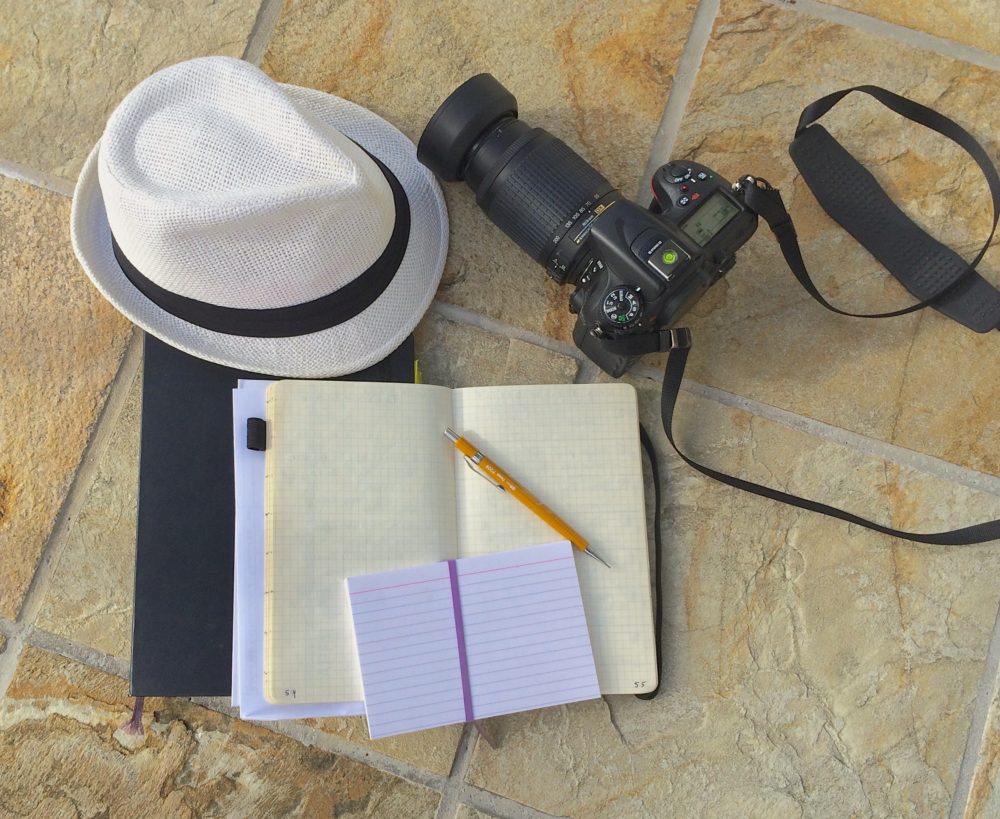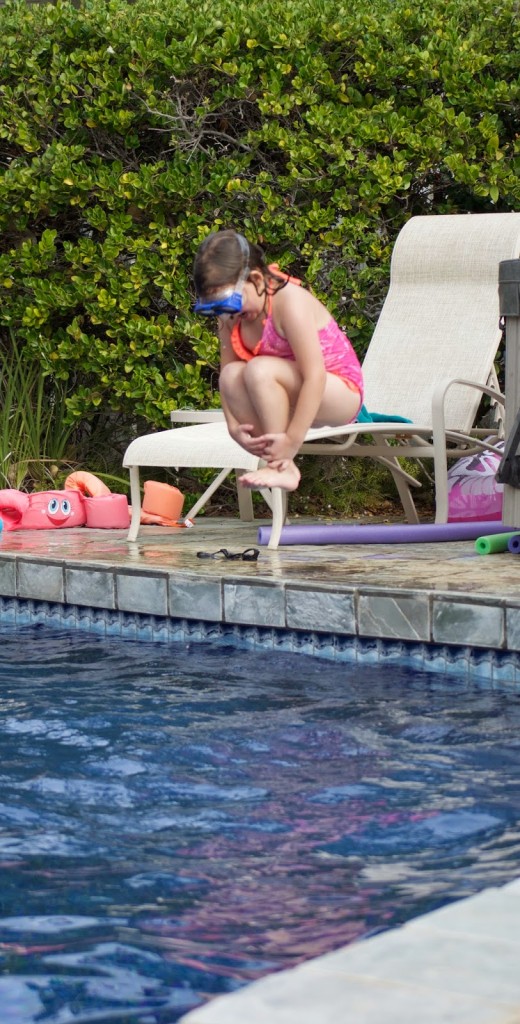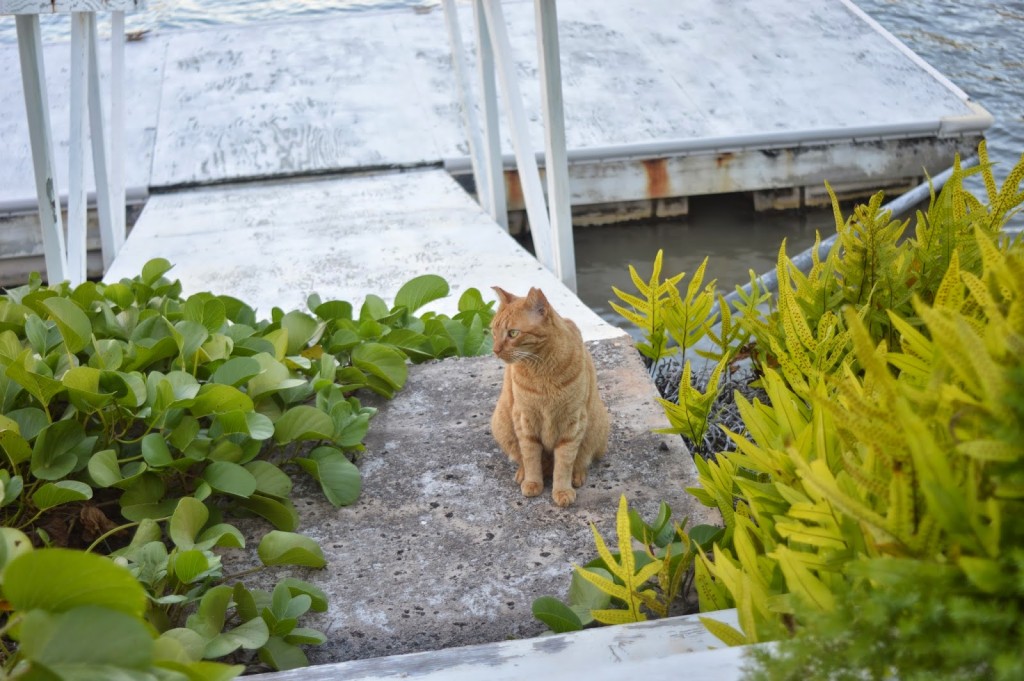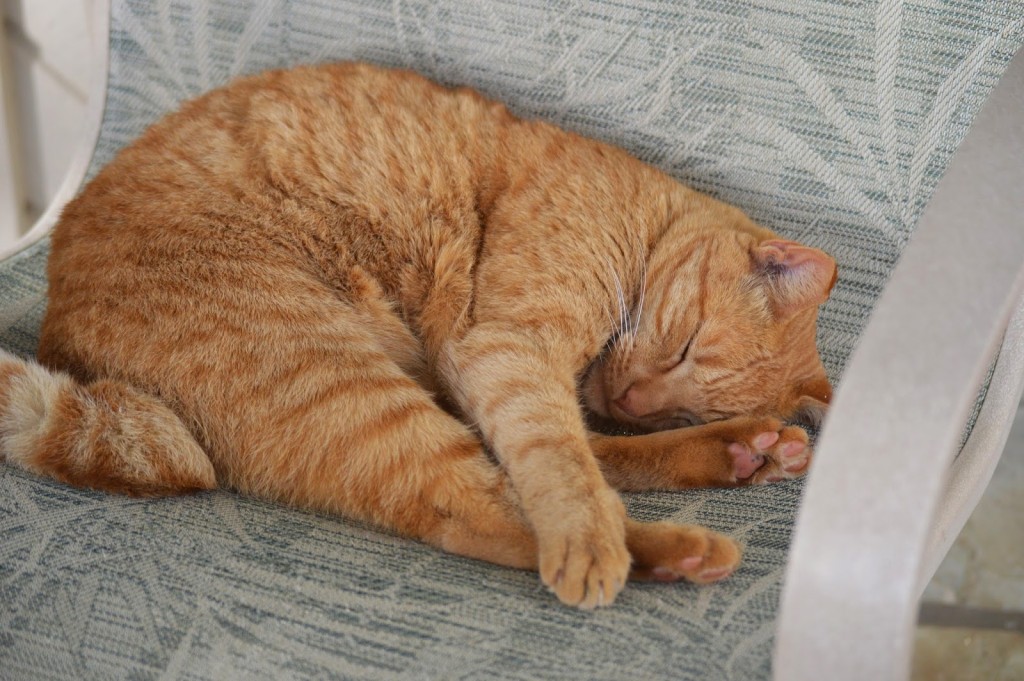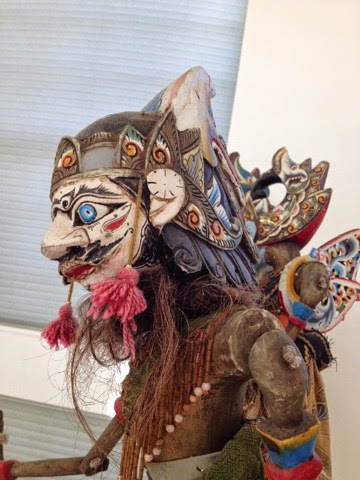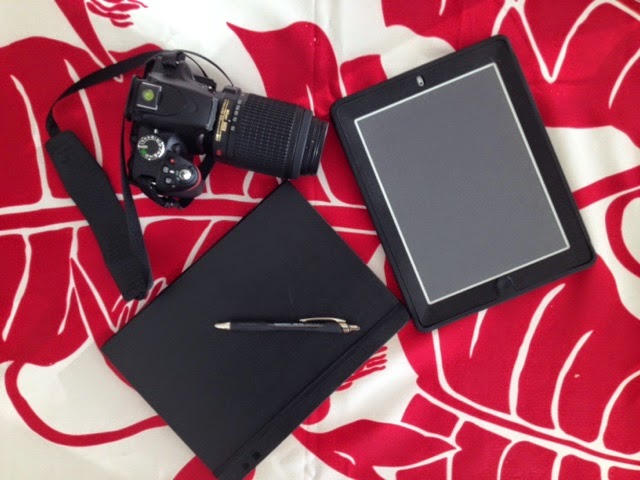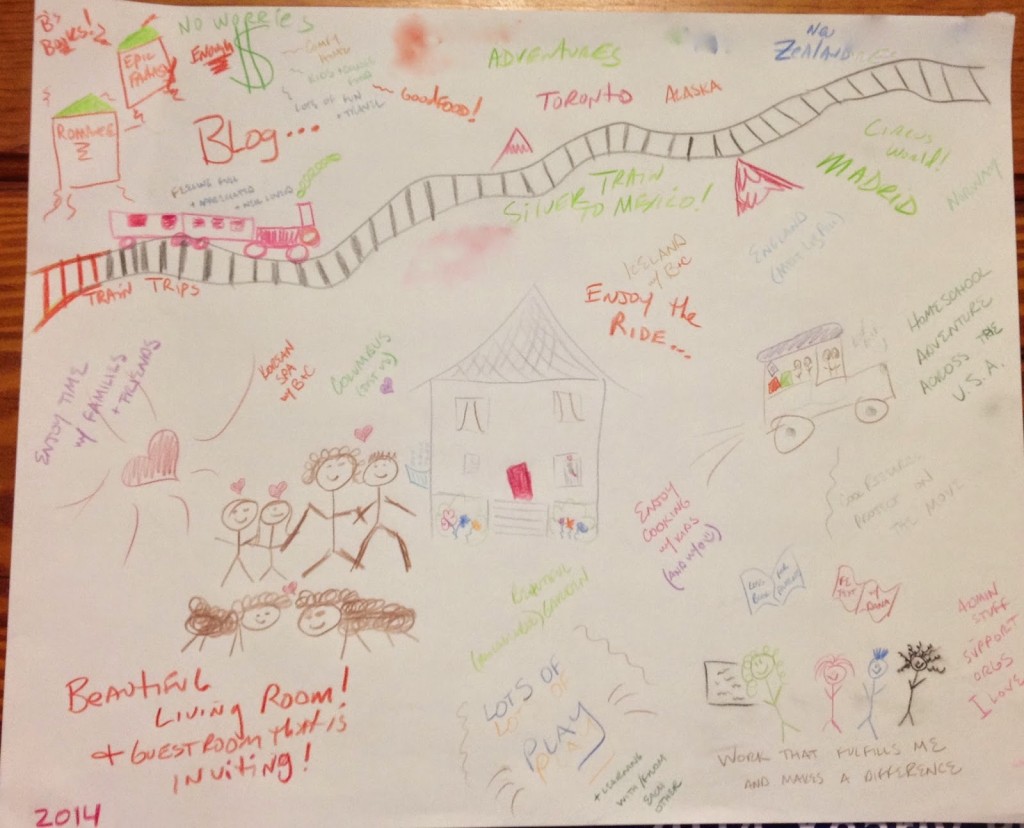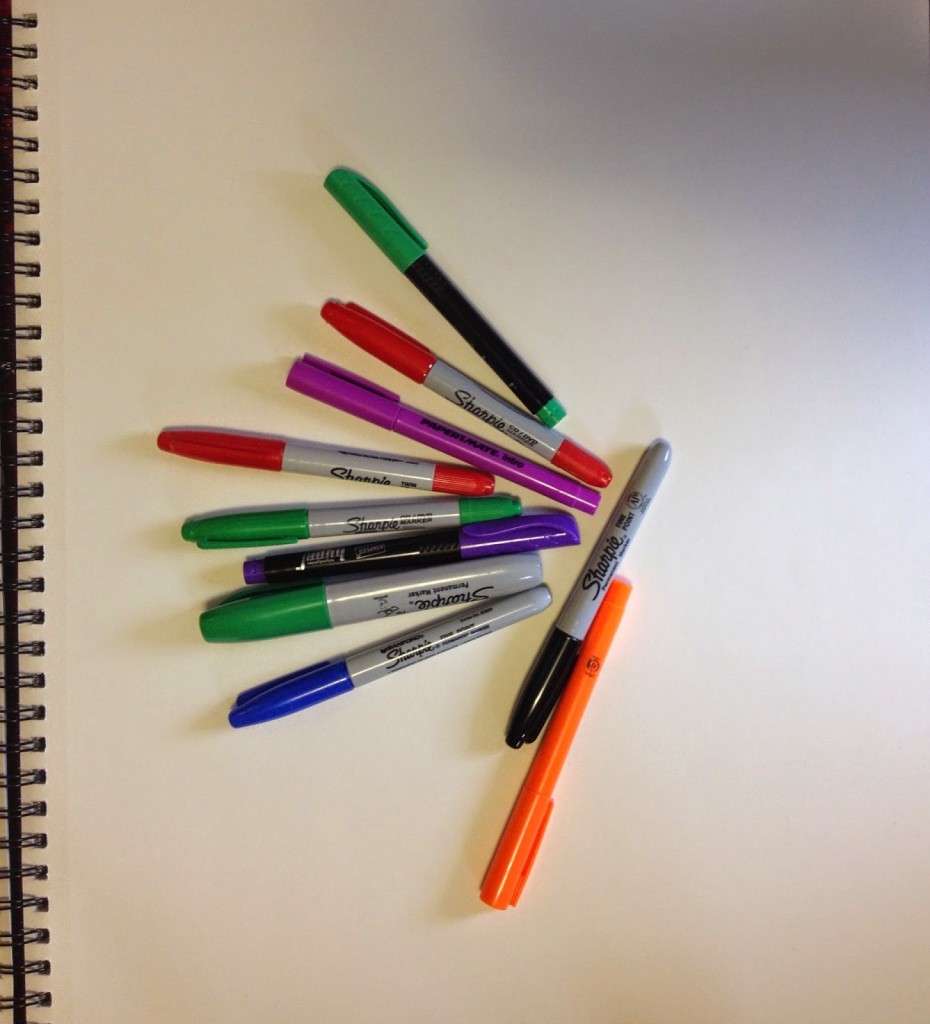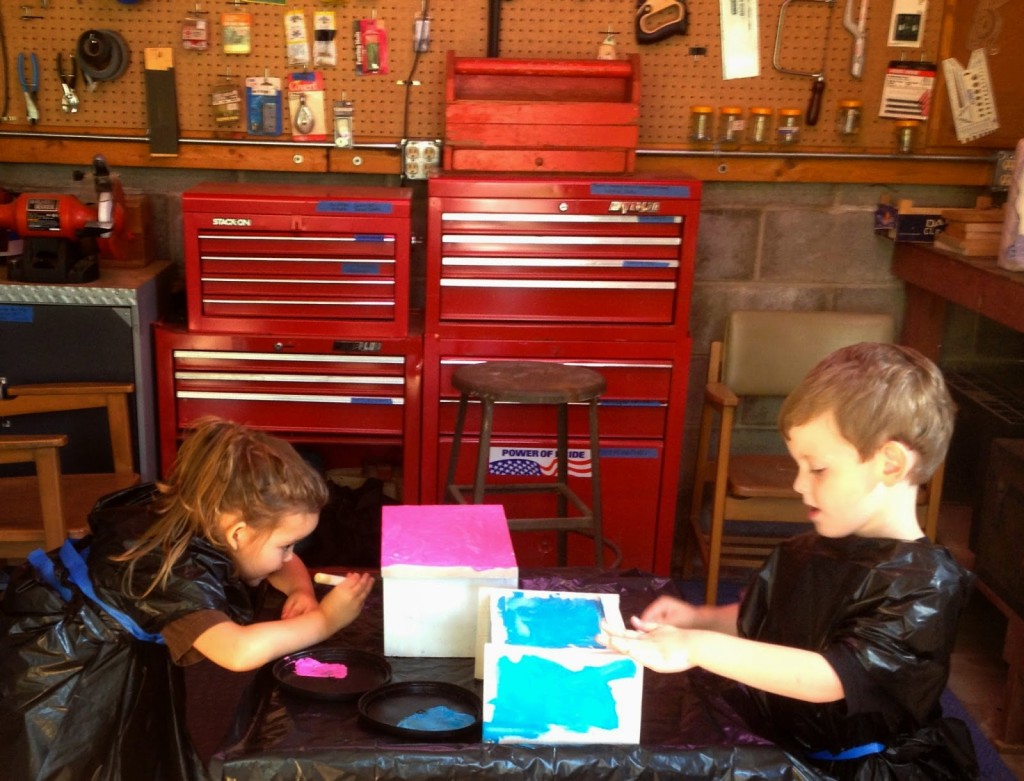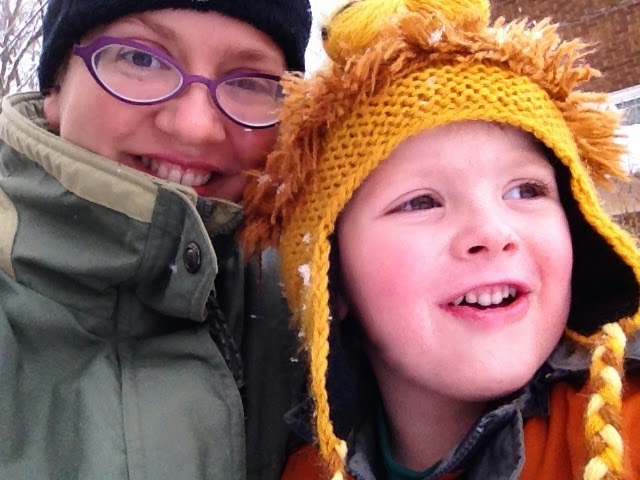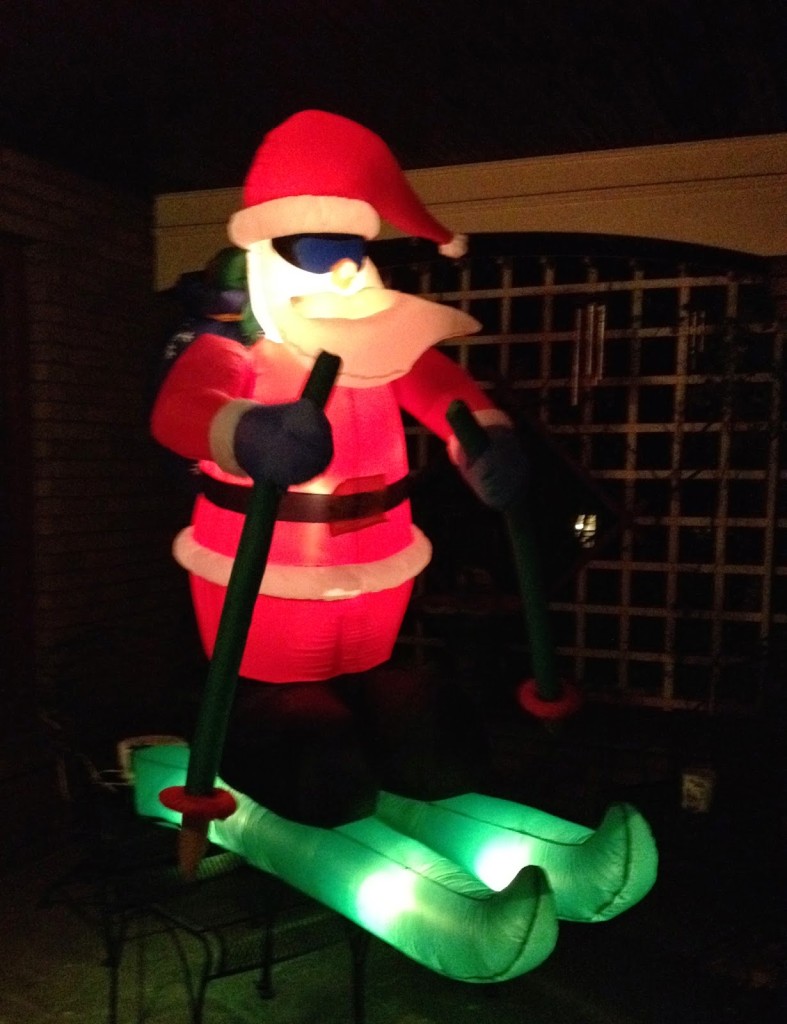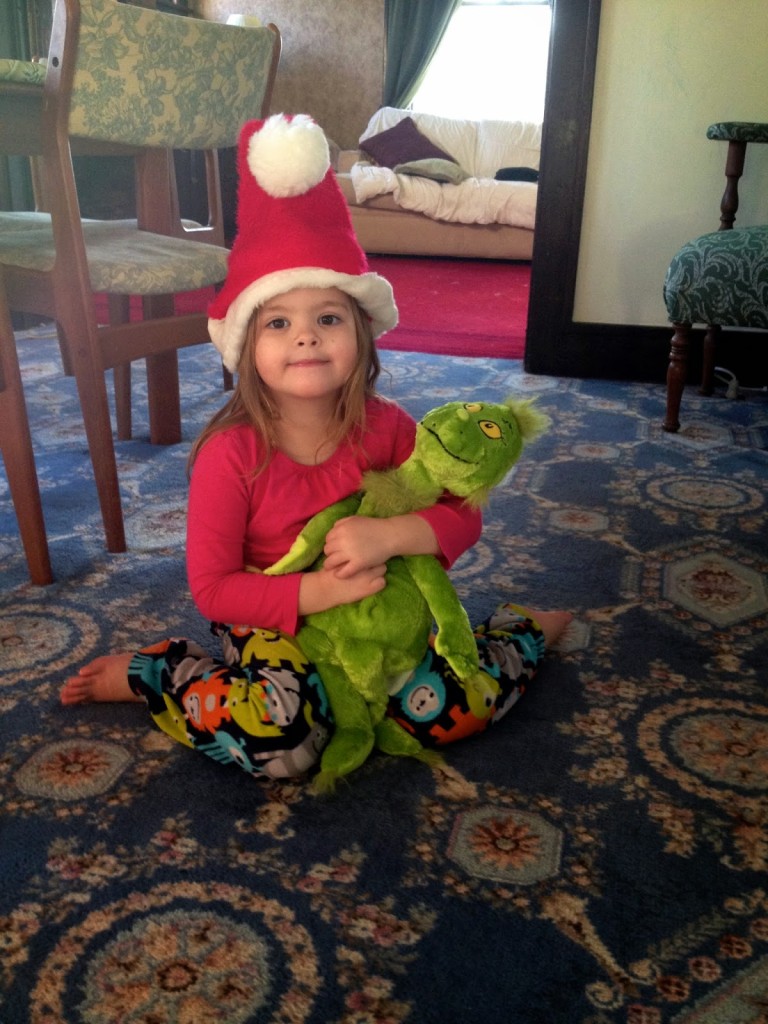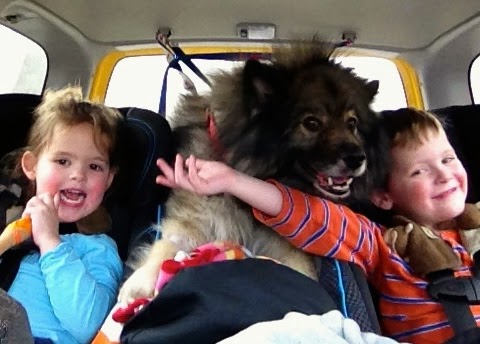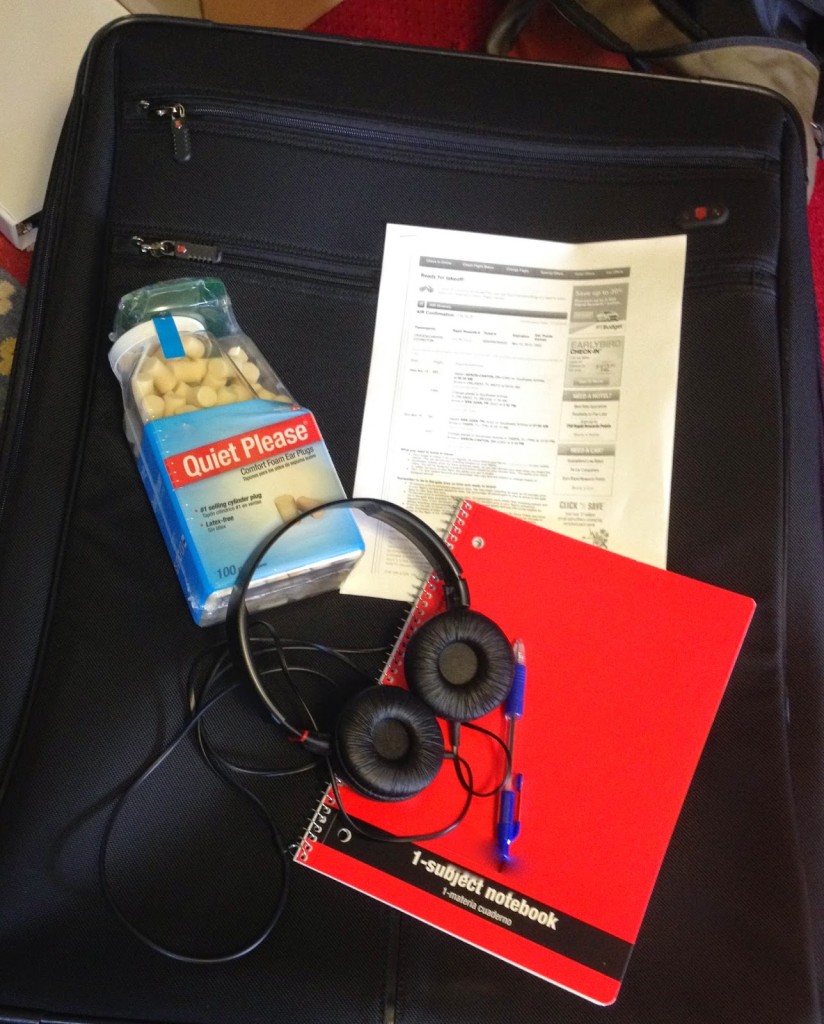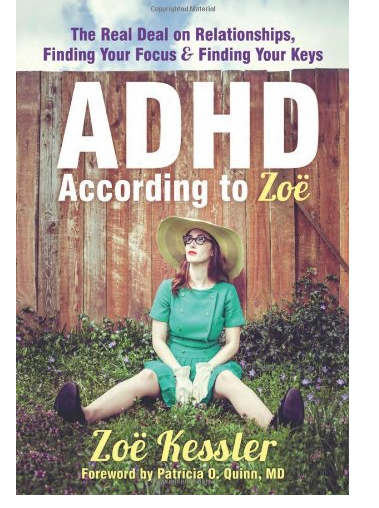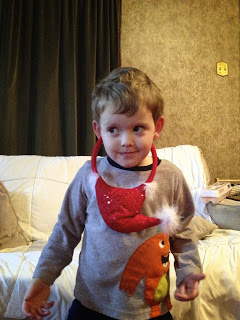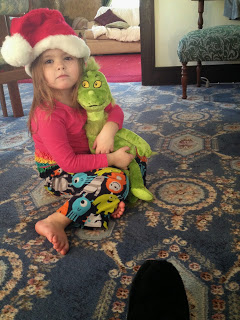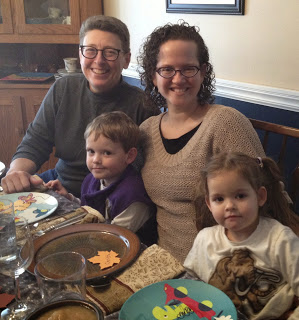Over the last three months I have struggled with focus. Why? Grief. In the last twelve weeks there have been eight deaths that have directly, or indirectly touched me. The last time I lost this many people, this close together, was in the middle of the AIDs epidemic.
Grief is difficult for everyone. For individuals with ADHD, it it compounded by behavioral issues. I wrote about keeping it together when a family member faces a health crises here. Some of the same issues complicate grief for individuals with ADD/ADHD, impulse control, issues with substance abuse, the inability to be still, discomfort in your own skin, and an increased incidence of depression and suicide.
My tips for handling grief can be summed up in a few sentences.
1. Do not self-medicate. I am talking about the urge to binge watch/spend money/shop/drink/smoke/eat chocolate/ whatever your make-me-forget-not-feel drug of choice is, don’t do it. Feel your feelings no matter how uncomfortable they are.
2. Pay attention. Being sad is normal. Not getting out of bed for days is not. Get help.
3. Find someone to talk to about your feelings. A therapist, social worker, clergy, your best friend, your family.
4. If you are a creative, create. Do the thing that feeds your soul.
5. Give yourself time. So many times we think that we should be able to “just get over” whatever it is that is making us sad. A very wise woman once told me “some things you don’t get over, you just get through.”
6. Find a peaceful view. Just sit with it. This is mine.
Please give yourself time to heal.
If you are struggling with depression, please, please, get help, don’t make a decision in a moment that is permanent. This link is for the National Suicide Prevention Organization their number 24/7/365 is 1-800-273-8255.
